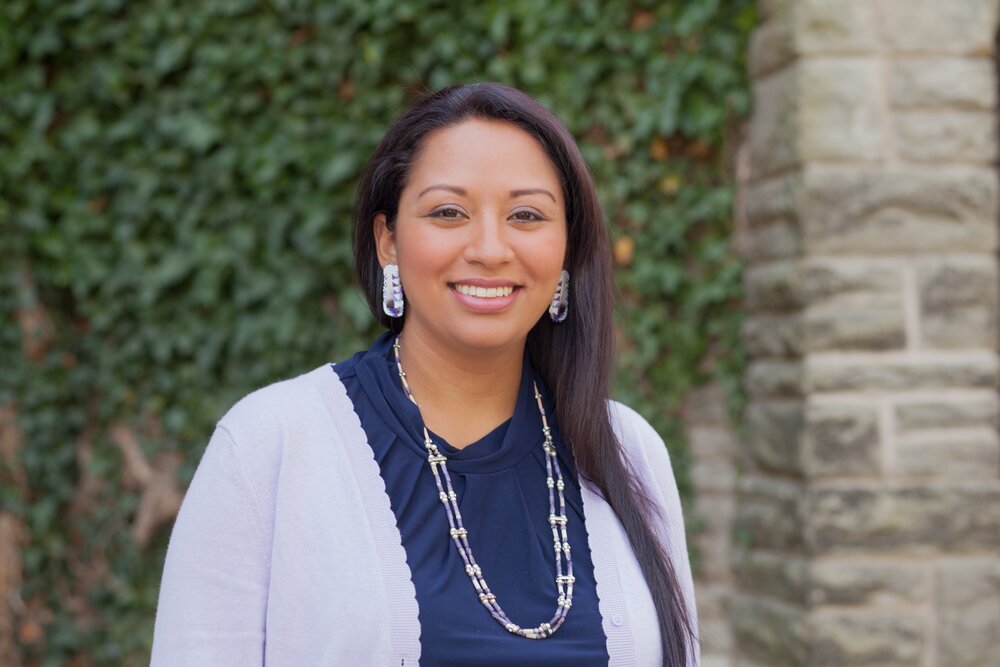Water may not be typically defined as a living organism, but it is a sacred, necessary nourishment for all life on Earth. Yet the Earth’s water sources, both freshwater and saltwater, are becoming increasingly depleted and contaminated.
Kelsey Leonard, the newly-named Canada Research Chair of Indigenous Waters, Climate and Sustainability at the University of Waterloo, has dedicated her life’s work to water justice and responsibility.

Leonard will give her lecture at 10:45 a.m. Wednesday, July 6, in the Amphitheater, contributing to Week Two’s Chautauqua Lecture Series theme of “The Wild: Reconnecting With Our Natural World.”
“The talk is largely structured around … a new way of thinking about our relationship to the environment through our legal systems and what’s more commonly known as Earth Law, or Earth jurisprudence,” Leonard said. “(It is) largely about how we create systems of law that support the natural ability of our environment to exist, to thrive, to evolve, to be free from human domination, corruption and damage.”
As an enrolled citizen of the Shinnecock Nation and as a First Nations person, Leonard has borne witness to the abuse of water sources.
Shinnecock Nation is located on the east end of Long Island, and the territory is directly impacted by climate change, ranging from sea level rises to extreme storm events.
“(Being an Indigenous person has) very much informed a lot of my environmental knowledge and my motivations and impetus for doing these types of work, especially because we’re a coastal Algonquian tribal nation,” Leonard said.
She attributes her keen interest and career in environmentalism to her Shinnecock roots. Leonard feels her ancestors had a clear understanding of humans’ role on Earth to protect finite resources and allow the natural world to thrive.
In college, Leonard studied abroad in Samoa, a small island country in the South Pacific Ocean.
“I saw firsthand a lot of the access issues in terms of water, sanitation and scarcity concerns facing a small island developing nation,” she said. “And they seemed almost duplicative of the experiences I saw on my reservation back home.”
When thinking about the common denominator, Leonard realized both places are home to Indigenous people and had ongoing issues of colonialism that impacted how their water is governed. This experience led her to earn her master’s in water science, a law degree and a doctorate focused on environment and water.
Leonard also represents the Shinnecock Indian Nation on the Mid-Atlantic Committee on the Ocean, and is a member of the Great Lakes Water Quality Board, which advises the International Joint Commission.
“Regional ocean partnerships (of the Mid-Atlantic Committee on the Ocean) are spread across the U.S. in different regions, and they help to inform interjurisdictional coordination between states, tribes and federal entities, as well as fishery management councils for ocean protection and ocean suitable uses,” Leonard said. “I’ve been involved in that policy work for close to 10 years now. So, that has shaped a lot of the work that I do and what I’ll be distributing in my lecture.”
Her work on the Great Lakes Water Quality Board centers around freshwater and saltwater habitats and ecosystems. She aims to create a “more holistic approach to conservation and management of our hydrologic cycle.”
As a professor and educator, Leonard is constantly expanding her knowledge of environmentalism through her students’ inquisitiveness and curiosity.
“I think a lot of the crises we see in our world today, whether water or climate, are actually crises that are socially constructed and human driven,” Leonard said. “They’re crises that stem from perhaps miscommunication or lack of understanding of how to ask a diverse set of questions.”
She hopes that those attending her lecture will take action, no matter how small or large, to promote environmental protection.
“I think sometimes folks are better at listening … to diverse ideas and new ideas, but we are at such a critical point in our human history that we no longer can just sit and listen,” Leonard said. “We actually have to do something.”




